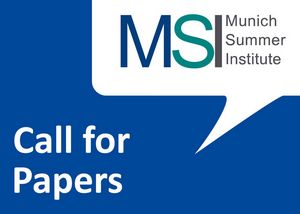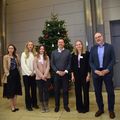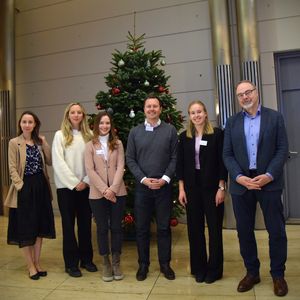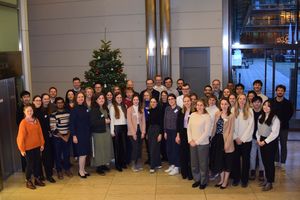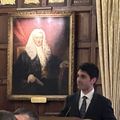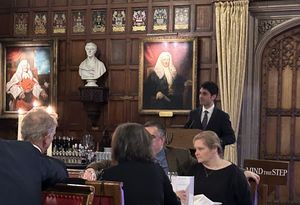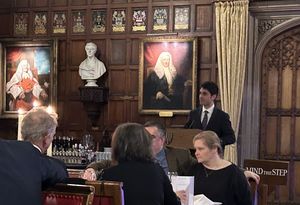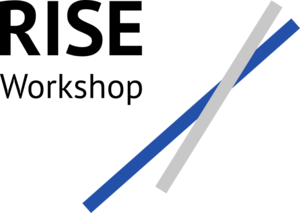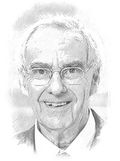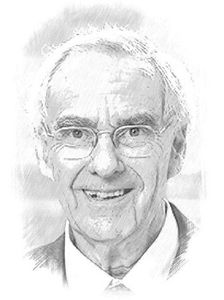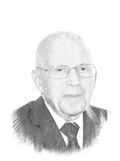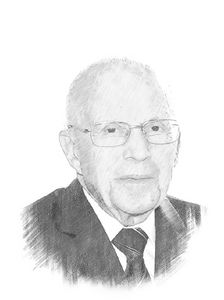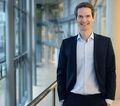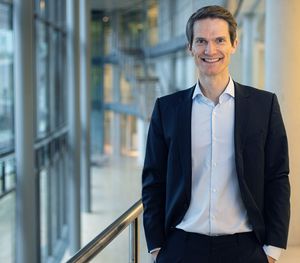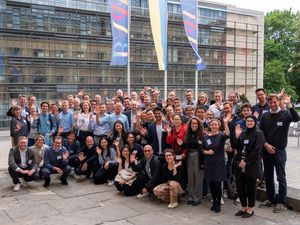The Munich Summer Institute 2025 will take place as an in-person event in Munich. The Summer Institute will be preceded by the fourth MSI Ph.D. Workshop on 26 May 2025. A best Ph.D. student paper award will be awarded during the MSI conference dinner.
The Summer Institute will focus on three areas:
- Digitalization, Strategy and Organization
(chairs: Tobias Kretschmer and Christian Peukert), - Innovation and Entrepreneurship
(chairs: Dietmar Harhoff, Joachim Henkel and Hanna Hottenrott), and - Law & Economics of Intellectual Property, Innovation & Digitalization
(chair: Stefan Bechtold and Imke Reimers).
The goal of the Munich Summer Institute is to stimulate a rigorous in-depth discussion of a select number of research papers and to strengthen the interdisciplinary international research community in these areas. Researchers in economics, law, management and related fields at all stages of their career (from Ph.D. students to full professors) may attend the Munich Summer Institute as presenters in a plenary or a poster session, as discussants or as attendees. The Munich Summer Institute will feature two keynote lectures, several plenary presentations, as well as poster sessions (including poster slams).
The Munich Summer Institute will be held at the Max Planck Institute for Innovation and Competition in the heart of Munich. There is no registration fee, but participants are expected to fund their own travel and accommodation. The Munich Summer Institute may provide limited travel scholarships in case of financial hardship.
Keynote Speakers
- Michela Giorcelli (University of California – Los Angeles)
- Fiona Scott-Morton (Yale University)
Paper submission procedure
Researchers who would like to present a paper are invited to submit their paper online by 15 February 2025. The Munich Summer Institute only considers papers which have not been published or accepted for publication at the date of submission. Paper selections will be announced in late March 2025. The program of the Munich Summer Institute will be available in April 2025. All accepted papers will be made available to all participants in mid-May 2025. Researchers who would like to attend the Munich Summer Institute without giving a presentation should contact one of the organizers by 15 April 2025.
Further information
More information is available at the MSI website. Any questions concerning the Munich Summer Institute should be directed to Stefan Bechtold, Dietmar Harhoff, Joachim Henkel, Hanna Hottenrott, Tobias Kretschmer, Christian Peukert, or Imke Reimers.


